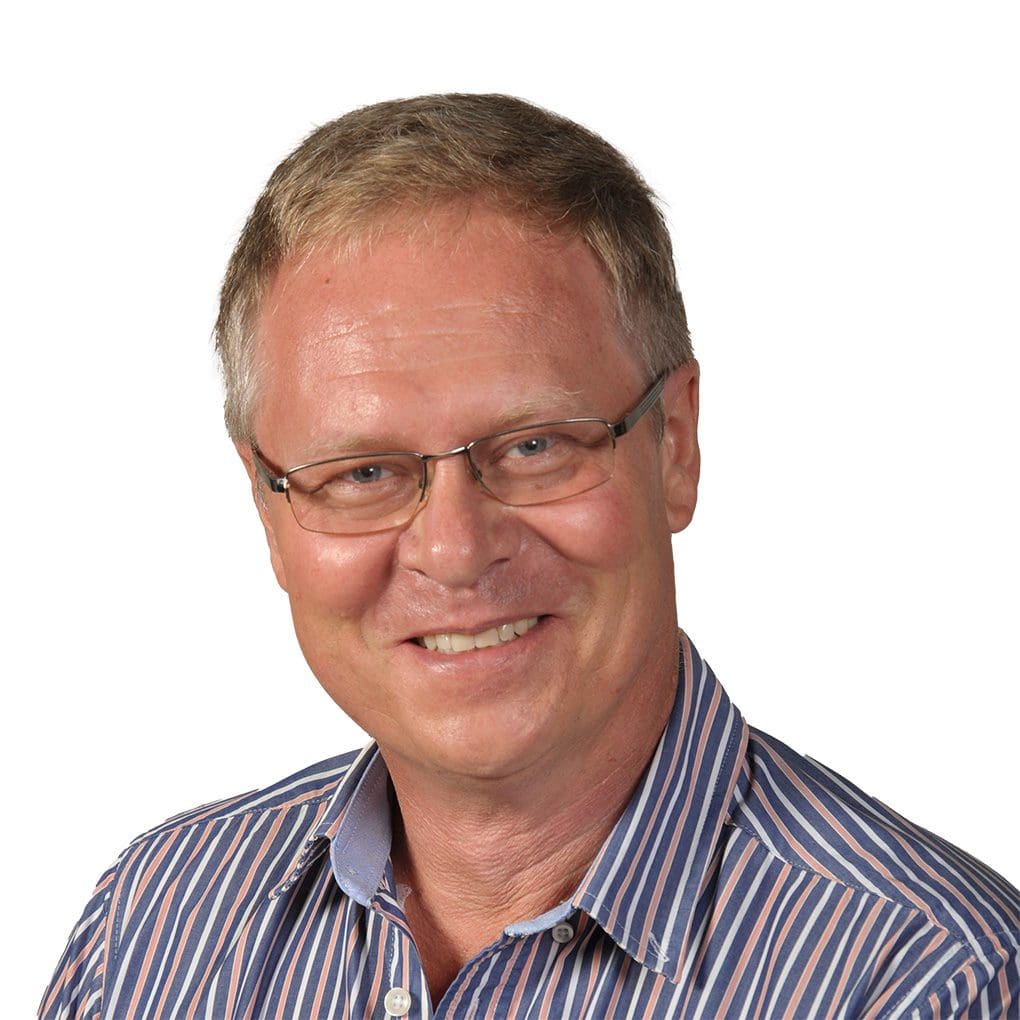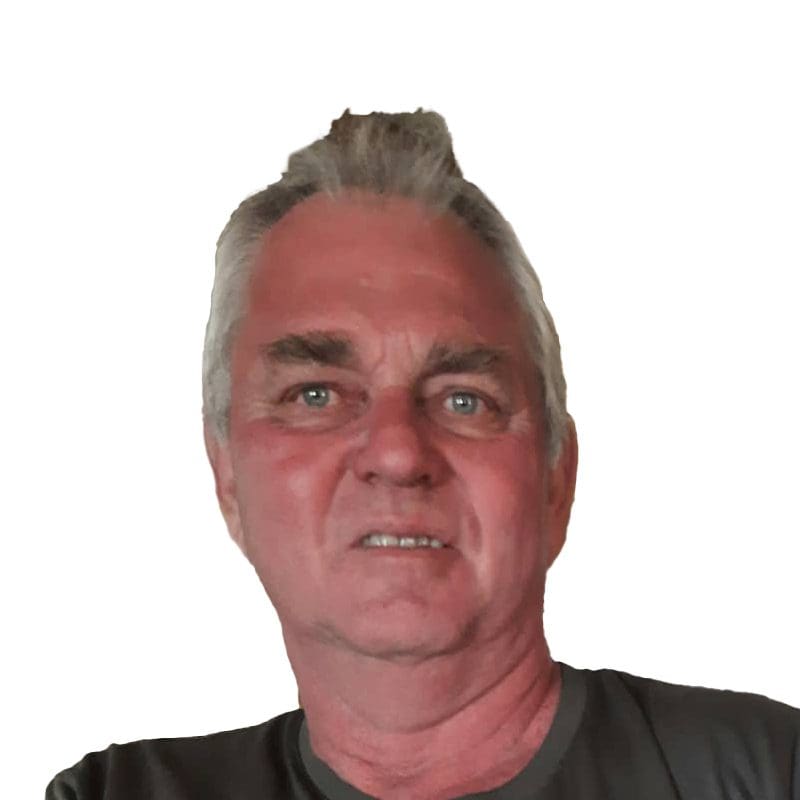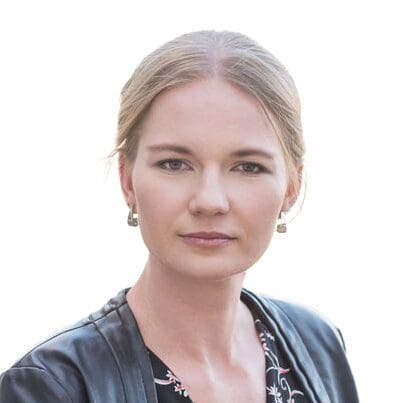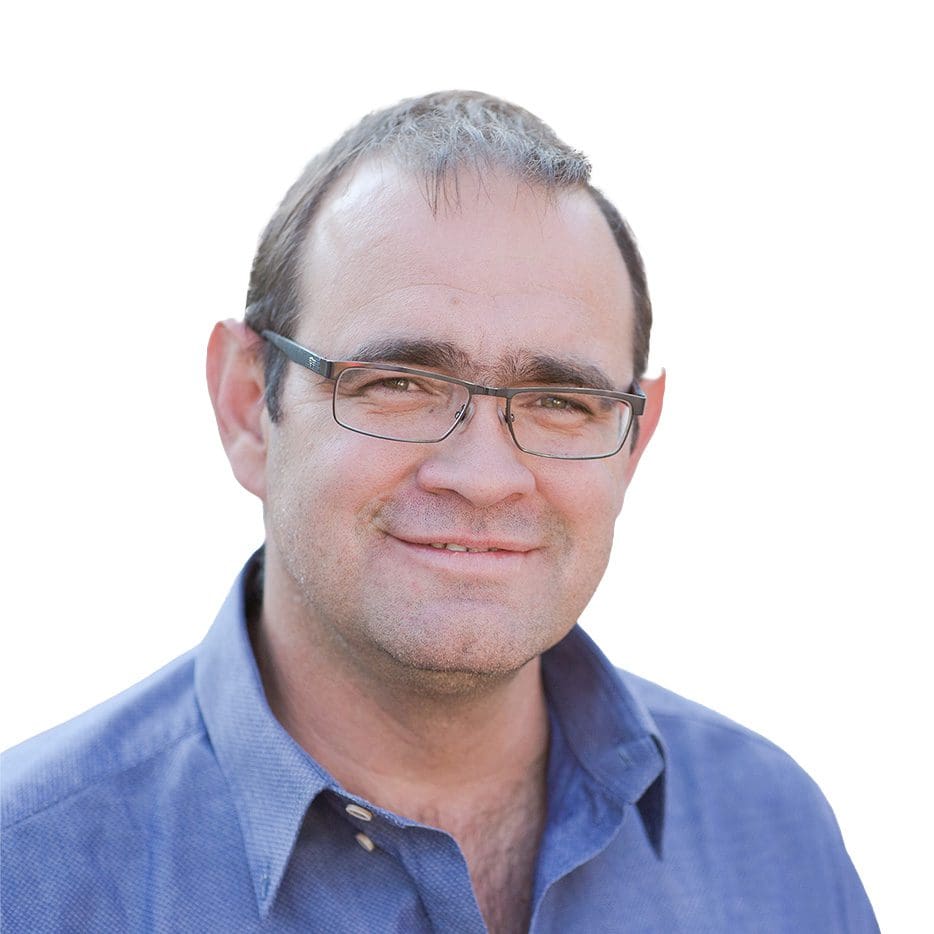Dedicated Healthcare Practitioners in Namibia
Discover The NPPF
The NPPF was founded in 2012. The inception of the NPPF came from the fact that numerous entities, including the medical aid funds, NAMAF and government, were driving the “affordability of healthcare services” agenda, while, at the time, there was no formalised entity meaningfully addressing the crucial flip side of the coin: The sustainability of the private healthcare industry.
Thus The NPPF was born.
Our Vision:
“A healthcare support system where all health professionals are empowered and protected against unregulated medical aid fund and statutory practices, ensuring ethical and fair treatment of all NPPF members.”
Our Mission:
“To advocate for the rights and interests of health professionals by promoting regulation of private medical aid funds, providing legal support, and fostering a strong, united healthcare practitioner community committed to ethical and patient-centred practices and professional excellence.”
The main objective of the NPPF is the sustainability of the private healthcare industry. This entails a plethora of challenges, most notably: the abuse of public power and regulatory overreach, mostly by NAMAF (in collaboration with all medical aid funds), regulatory arbitrage and inefficiency (including at HPCNA, NAMFISA and MoHSS), and the unfair and uneven playing field created by the government (PSEMAS).








We are also glad to have the invaluable support of:
Jadri Becker Kotze, Accounting and Finance
Our History
From Launch and Beyond
From the beginning until present, the NPPF was formed in order to promote an ethical, transparent and sustainable healthcare industry in Namibia. We hold ourselves also to the highest possible standards, as from the start we included in our non-profit organization constitution a rigorous four-tiered disciplinary process for dealing with any unethical or dishonest conduct amongst our own members.
Since founding, we have fought, often vociferously, in public as well as in the courts, to ensure transparency, clarity, and fairness in the regulatory and cost practices enacted in Namibia. We believe, or rather know, that this succeeds in benefiting all invested members and parties of the healthcare industry, public and private alike. The fight is far from over, but with the continued support of our valued members we shall endeavor forward.
2011
In 2011, the NPPF filed a complaint with the Competition Commission (CC) against NAMAF on the basis that, amongst others, the Tariff is unlawful in Namibia. After a three-year investigation the CC found that NAMAF and the medical aid funds did breach the Competition Act. The ruling was gazetted on 12 December 2014 in Government Gazette number 5630.
2012
9 July 2012, the NPPF formally introduced itself to the public through the form of a press release. It was delayed pending the results of an enquiry commissioned by the NPPF, but laid out the general makeup and numbers of the original members as well as the founding principles and guidelines. Attached was the memorandum regarding the enquiry (below).
Healthcare Funding Commission
Wasting no time, in fact preceding the public announcement in order to mitigate potential legal threats from industry players, the NPPF commissioned an enquiry into the healthcare funding industry in Namibia. The results were stark, including the discovery of a complete lack of transparency by all four open medical aid funds as well as the regulator NAMFISA, conflicts of interest among senior position holders, and other deeply compounding issues and concerns.
2015: Cost Study
The NPPF commissioned a comprehensive cost study (a first for Namibia) of healthcare professionals throughout Namibia. 50 GP practices across Namibia took part in the study. The cost study assessed the costs of putting up and maintaining a viable healthcare practice. The results revealed that the Tariff as instituted by NAMAF was woefully inadequate to compensate GP’s fairly. It was also based on an outdated RSA BHF Tariff and Coding list and didn’t possess any rational science or feasible cost consideration before implementation.
Further Results
As a result of the discoveries of both the cost study and the ruling of the Competition Committee, the NPPF reiterated its offer to support the government in these matters. The goal was to do so through proper legislation and to assist in putting in place a transparent and properly represented statutory entity which could, based on scientific methodologies, assess fees by taking into account all factors influencing both the affordability as well as the sustainability of healthcare services in Namibia.
2017: PSEMAS Contract
In a formal letter to the Ministry of Finance, the NPPF emphasized the fact that it had a material interest in the matter and was, unlike other associations, a wider representative body, with the internal capacity and expertise to better advise and assist on issues such as the proposed contract, as well as the professionalism of healthcare providers and the mitigation of risk to PSEMAS. It was further stated that the Act made clear that NAMAF is a regulator of private medical aid funds despite NAMAF denying it’s role as a statutory regulator. Though NAMAF therefore has no jurisdiction over state medical aid funds, or private healthcare providers, the contract attempted to elevate NAMAF to a regulatory body (of healthcare providers no less) completely outside of the scope of the applicable legislation. The NPPF also requested that the Honourable Minister of Health and Social Services be involved in the process as being familiar with both private and public healthcare industries, thus adding valuable and independent contributions to the PSEMAS contract which could improve healthcare service delivery.
2022: Confirmation of Position
In a letter to the CEO of NAMAF and the Medical Aid Funds, the NPPF strongly confirmed its position on NAMAF Benchmark Tariffs, restating and referencing the above cases and decisions and condemning NAMAF’S continued practices. In no uncertain terms, the NPPF states “that NAMAF has never meaningfully considered any complaint by the NPPF or any [of] its members against unfair or unlawful conduct by medical aid funds. Instead NAMAF has on every such occasion found a disingenuous excuse not to execute its regulatory mandate as regulator of medical aid funds”. Further, NAMFISA continues to approve the benefits contained in the rules of medical aid funds based on NAMAF Benchmark Tariffs while knowing that the members of funds have no access to the actual nominal tariffs. Despite providing the evidence that members have no access to NAMAF Benchmark Tariffs, NAMFISA remain unconcerned, and continue to approve fund rules from which members cannot possibly assess their actual benefits. This is a grave injustice to all members of medical aid funds, and a deplorable failure on the part of the Registrar of Medical Aid Funds.
November 2023
The NPPF publishes a press release titled The Reality of The Medical Aid Fund Industry: Secrecy, Abuse of Public Power and Unregulated. In it is detailed that high-quality private healthcare currently available in Namibia cannot be sustained if the industry becomes solely dependent on out-of-pocket payments. The sustainability of the private healthcare industry is dependent on the
sustainability of medical aid funds (and vice versa). It is crucial that all parties act responsibly. These parties are the medical aid funds (including PSEMAS), their members and the healthcare providers. Unfortunately, the funding industry often reverts to underhanded tactics in its drive to cut costs, as it is far more concerned about that than it is about the quality of private healthcare for its members. Also, most alarmingly, it resorts to the tactic of discrediting, and outright defaming healthcare providers. This must stop. In light of this, the NPPF went on to provide a detailed account to the public and members of the medical aid funds about the funding industry and its continued malfeasance.
June 2024: CEO Report
Dr. Dries Coetzee provides a comprehensive and farewell CEO report, detailing the advances, victories, and discouraging setbacks chronicled over 12 years after the NPPF’s founding. These include, in brief, the assertion that Namibia persists with a “totally unregulated and corrupt by design funding model”. He also asserts that he is still
convinced that an alternative funding system for healthcare in Namibia with its low population can be worked out, if not entirely than in the form of Friendly Society proofs. Further issues and a sum of NPPF successes over the years is detailed.
Present: 2024 and Beyond.
The fight continues. With a new board of directors and new CEO, the esteemed Dr. Hoffmann, the NPPF and its members are better positioned than ever to continue to advocate, fight, and find amicable solutions that create a more prosperous healthcare industry in Namibia.